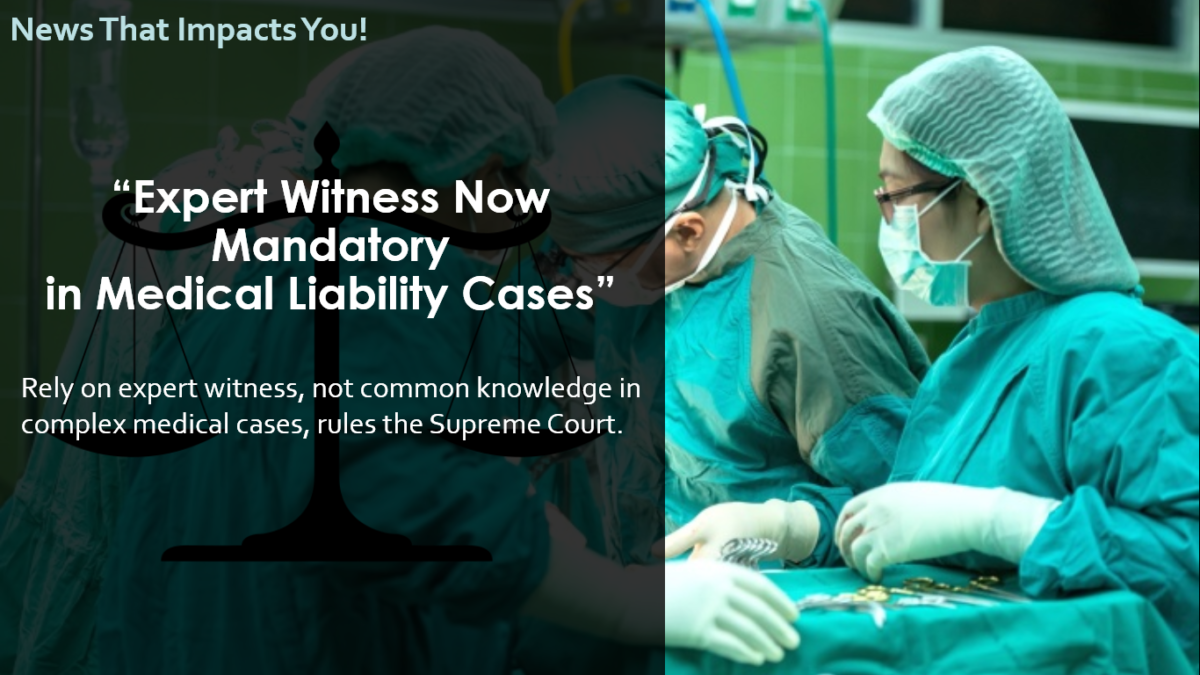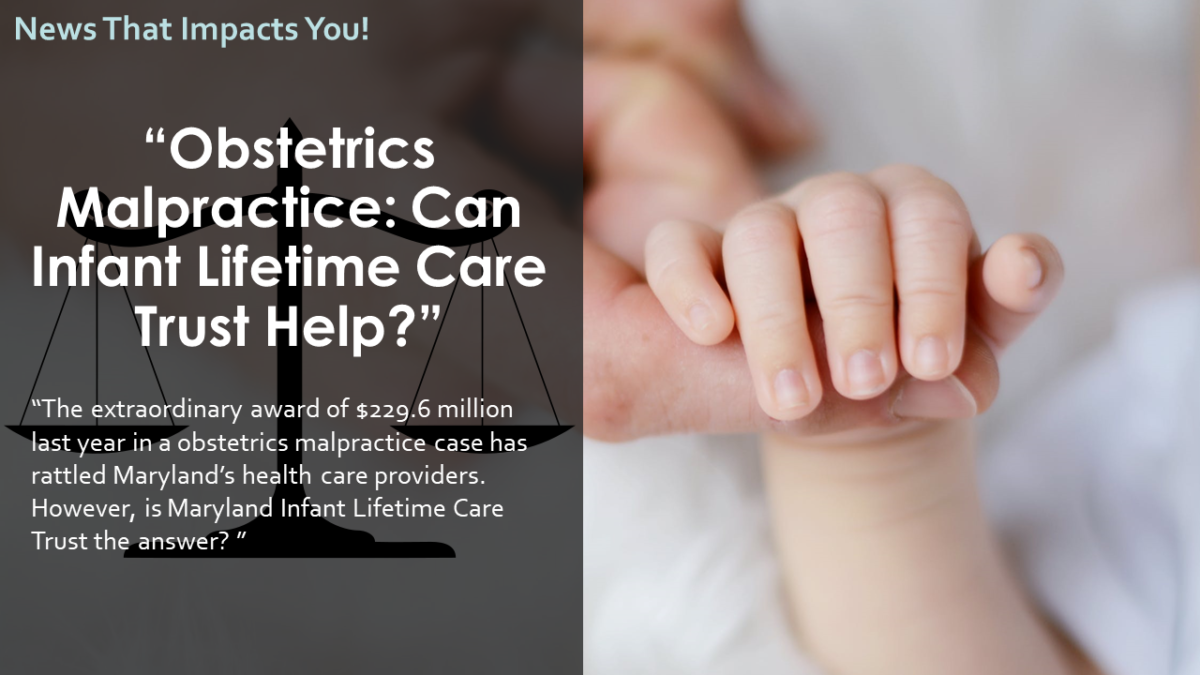“….Supreme Court of Kentucky has ruled that in malpractice cases involving complex medical conditions, such as strokes, the jury must rely on the testimony of expert witnesses, rather than relying on common knowledge to adjudicate their decisions….American Medical Association, Top court: In medical liability cases, expert testimony is a must, Tanya Albert Henry, 2019.“
This judgment goes a long way in protecting the physicians from false lawsuits and any bias or prejudice from the jury in cases such as the following:
An appellate court in Kentucky recently allowed a plaintiff, David Shackelford to proceed with a claim against a physician and hospital stating that he would have suffered less harm from a stroke had it been detected earlier. During the trial, no expert testified that the physician exercised or did not exercise the required prudence in detecting the stroke.
The Supreme Court of Kentucky disagreed with the appellate court and overturned its decision citing lack of expert testimony.


